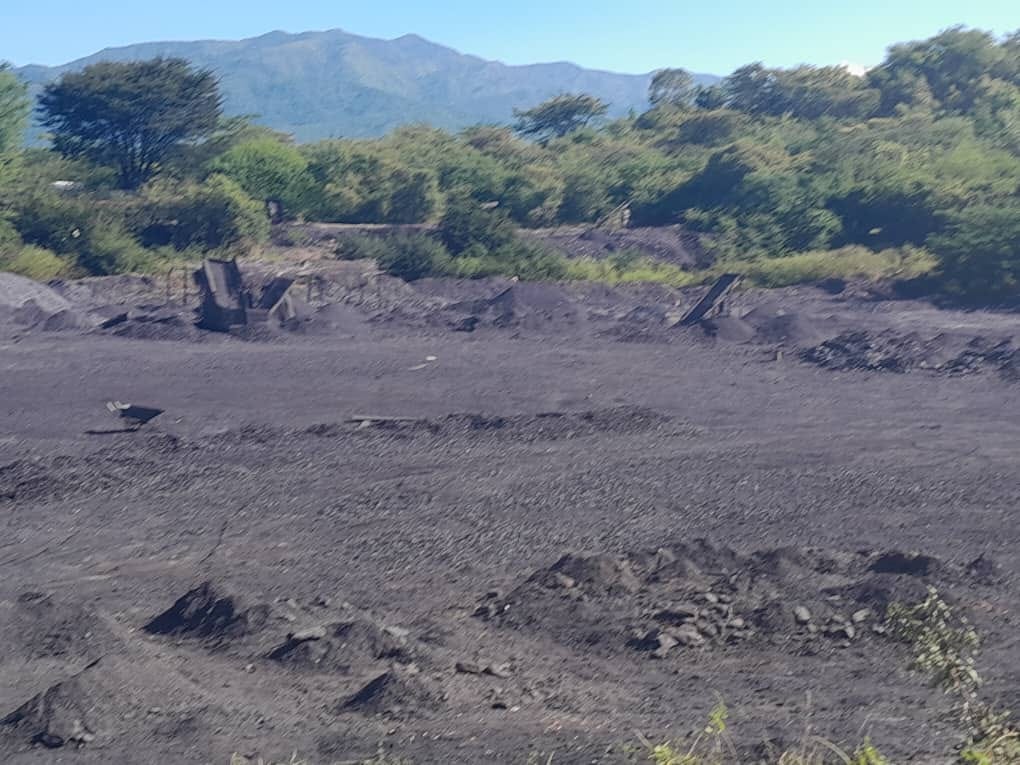Miners in Karonga District Lack Occupational Health Care Services, Putting Lives at Risk
Miners in Karonga district express concerns over the lack of occupational health care services, increasing the risk of contracting lung diseases.
KARONGA, MALAWI — Miners at Lisikwa Coal Mine in Karonga district have raised alarm over the absence of occupational health care services, posing a significant threat to their well-being, writes Meclina Chirwa.
The miners work without protective gear, making them vulnerable to contracting Tuberculosis (TB) and other lung diseases.
Jane Harawa, a miner at the site, highlighted the dire situation, stating, "What happens here is very pathetic. As you can see, we do not have masks. The most unfortunate thing is that most mining companies lack strong enough regulations to deal with the adverse health effects of mining. As a result, we suffer in silence. One of our friends was diagnosed with TB but was threatened not to disclose it to anyone, even the inspectors."
Harawa further revealed that although she has been working at the mine for eight years, the mining company only consistently provided face masks during the COVID-19 outbreak.
Expressing her concerns, she lamented, "I have been hearing that Tuberculosis is one of the top five causes of death in Africa, and miners are at high risk, but surprisingly, we are not protected."
Raphael Mkandawire, another miner, emphasised the urgent need to address the health effects of mining on miners and surrounding communities, particularly in artisanal and small-scale mines.
Mkandawire stated, "We face a lot of challenges, without protective gear, which poses a greater risk to us. There is a need to enforce regulations and harmonise TB management protocols to ensure uninterrupted TB services and medical checkups."
The Mining Department occasionally conducts inspections at mining companies to understand the challenges faced by miners.
Additionally, the department is involved in the TB in the Mining Sector in Southern Africa—TIMS Project, which aims to combat TB in the mining sector.
George Maneya, the regional mining engineer, acknowledged the ongoing challenges, stating, "We have made some strides and successes under the TB project, but some companies are not complying based on what is covered in the Mines and Minerals Act."
When asked about the actions taken against non-compliant companies, Maneya explained, "It is not acceptable for miners to work without Personal Protective Equipment (PPE), regardless of the environment. Such companies are penalised because they have deliberately chosen not to comply."
Miners globally face a higher risk of Tuberculosis compared to other working populations.
In Malawi, the prevalence of pulmonary TB among miners was 14% in 2013, significantly higher than the reported 1014 per 100,000 cases in the 2013/2014 survey.
According to the World Health Organization's modelling work, Malawi only diagnoses approximately 48% of prevalent TB cases and 36% of prevalent smear-positive cases.
It is essential for mining companies and regulatory bodies to prioritise the health and safety of miners by enforcing regulations and providing adequate occupational health care services to mitigate the risk of lung diseases and ensure the well-being of the mining workforce.



